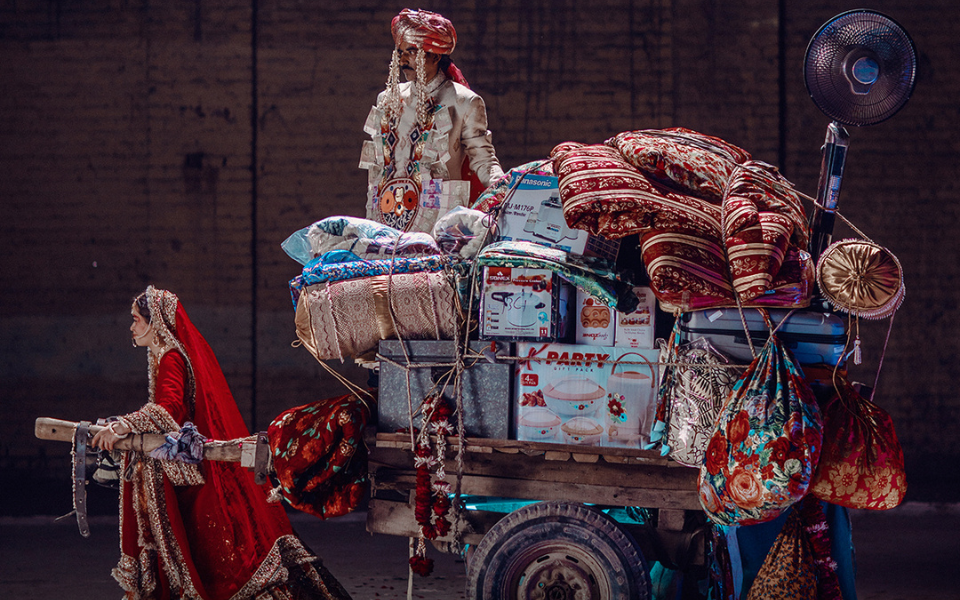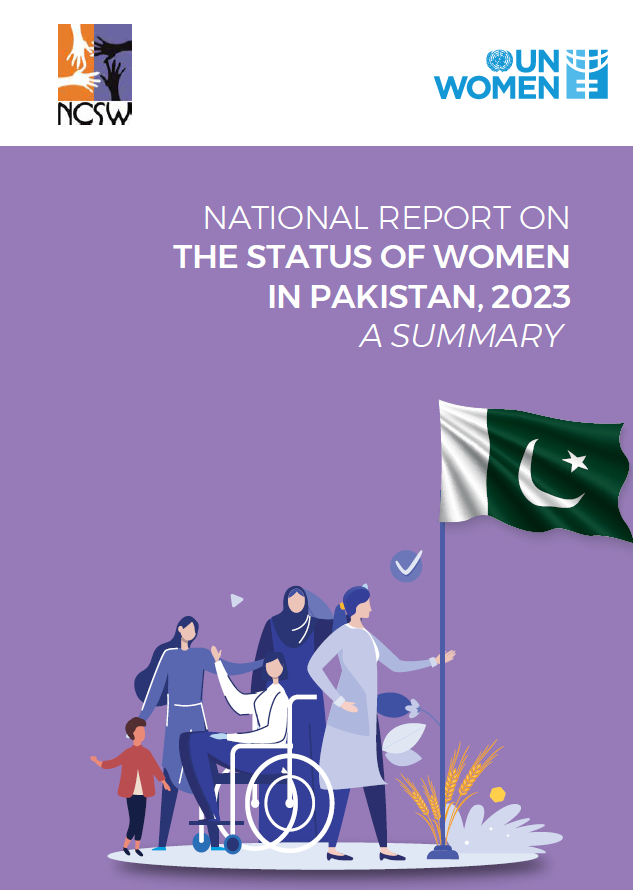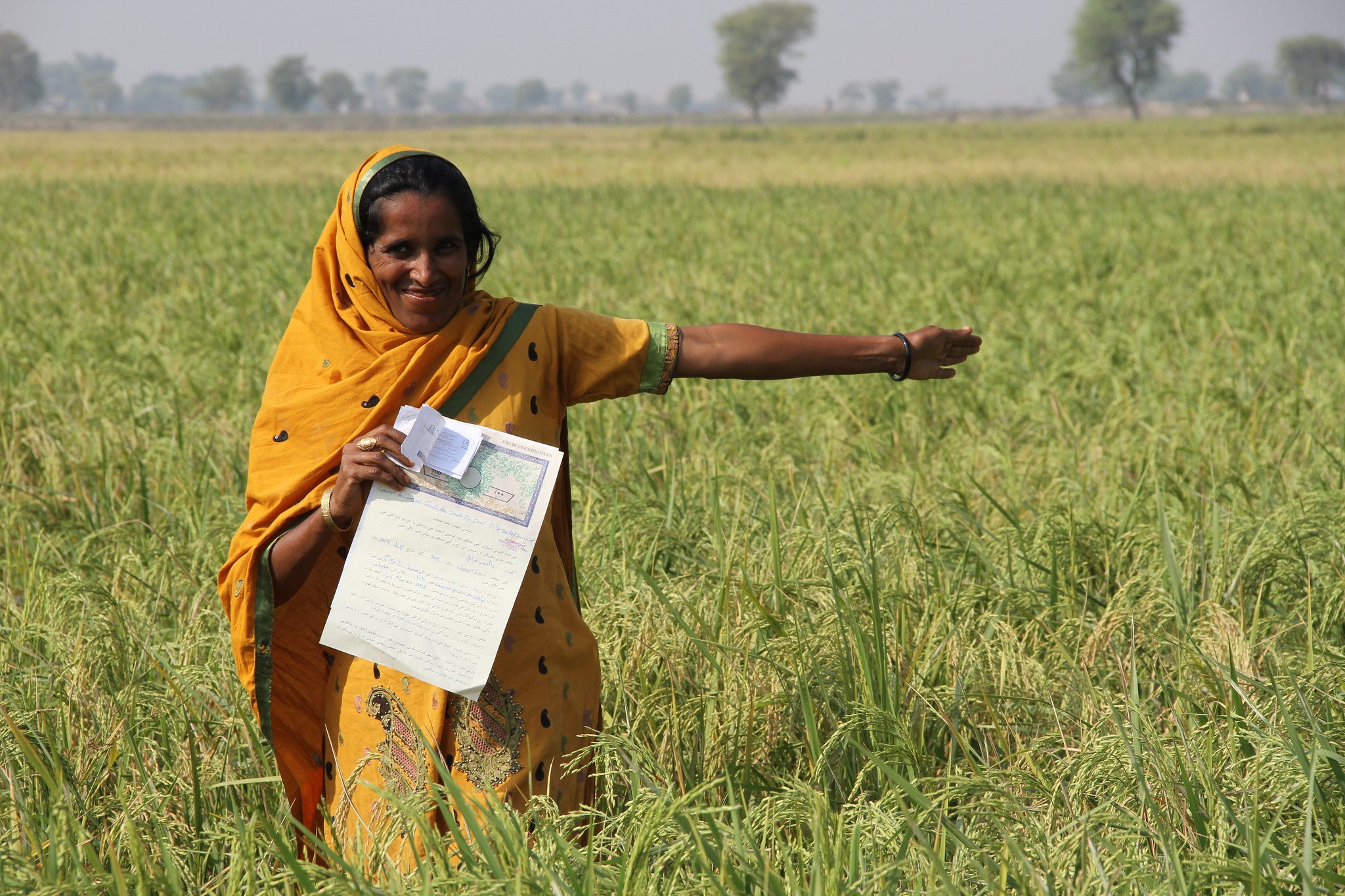


Multiple forms of violence against women (VAW) are prevalent in Pakistan in both private and public sphere. Consequences of violence against them are seen in their limited participation in public life, constrained mobility, low self-esteem and physical harm, and very smaller share in leadership roles. The normative gaps in legislation on early marriage and domestic violence in various parts of the country and implementation of federal anti-rape law need immediate attention of relevant authorities. Domestic violence remains a private affair and seldom discussed or reported, especially in rural poor households. Data gap remains a barrier to identify and curb cases of VAW. Despite efforts of government authorities, including gender crime cell of national police Bureau and commission on the status of women, the accuracy and availability of data exists as a key challenge and needs to be addressed on urgent basis. Along with that, the patriarchal norms remain unquestioned and are deeply engrossed in society.
UN Women, along with the relevant government institutions is working towards transforming social norms and institutional mechanisms to address the issues of violence against women. The interventions in this regard include capacity building on pro-women laws and existing services for GBV survivors, behaviour change communication campaigning and awareness raising among communities.

Pakistan has passed a series of progressive laws in the last two decades that protect women against harmful practices and promote their active role in the public sphere. However, women’s quest for justice – especially the survivors of gender-based violence – remains a woeful journey full of agony and uncertainty. The conviction rate in such cases stands at only 1-2.5% in Pakistan, which calls for urgent action. The barriers to women’s access to justice include procedural hurdles, deeply entrenched patriarchal norms, lack of gender-responsive infrastructure, and inadequate conceptual understanding and technical capacity to deal with gender-related crimes and survivors of violence.
UN Women in Pakistan, works with justice sector institutions to sensitize on issues related to VAW and gender crimes to improve enforcement and case management. UN Women also works to improve the overall medico-legal service and forensic capacity of relevant institutions for effective prosecution and timely conviction.